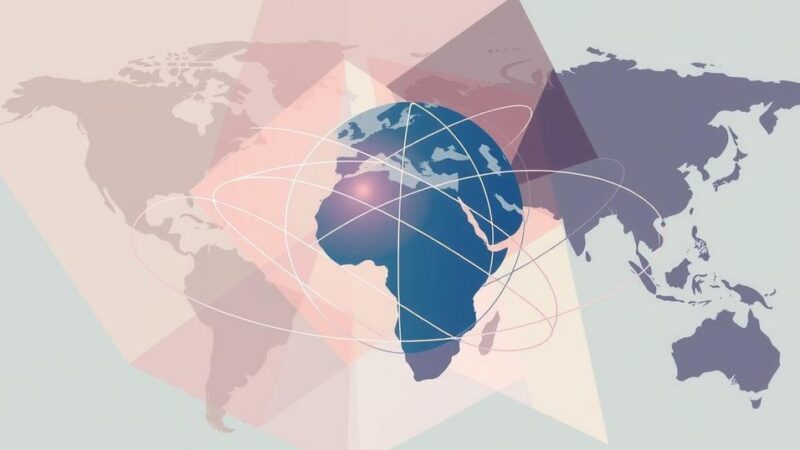The UN Security Council extends sanctions on Libya amid petroleum export issues, while recovery efforts continue in Mozambique following cyclones. The WHO ramps up responses to Marburg virus cases in Tanzania, and concerns grow in Türkiye over the detention of human rights defenders under counter-terrorism laws.
The United Nations Security Council has approved a resolution to extend the mandate of the Panel of Experts (PoE) addressing the Libya Sanctions Committee, which includes measures against illicit petroleum exports from Libya. This resolution, endorsed mainly by the United Kingdom, received 14 votes in favor, with Russia abstaining. It enhances restrictions from 2011 regarding the arms embargo and enables the establishment of new criteria aimed at individuals engaged in the exploitation of Libya’s oil resources.
UN aid agencies are actively engaged in recovery efforts following two severe cyclones that struck Mozambique, with significant humanitarian needs emerging from the devastation. Cyclone Chido caused fatalities and injuries, destroying homes and infrastructure, and affecting over 400,000 individuals. The UN Office for the Coordination of Humanitarian Affairs reported on food insecurity and ongoing relief operations to provide essential supplies and medical care to the victims.
The World Health Organization (WHO) is ramping up its support for Tanzania amidst suspected cases of the Marburg virus. Experts have been dispatched to the Kagera region to facilitate investigations and a timely response. WHO emphasizes the importance of rapid action and readiness to assist, without currently recommending travel restrictions. Past outbreaks have demonstrated the seriousness of the Marburg virus, highlighting the need for swift public health measures.
In Türkiye, there is rising concern regarding the misuse of counter-terrorism laws to detain human rights defenders. Special Rapporteur on human rights defenders, Mary Lawlor, has voiced alarm over the detention of nine prominent figures, emphasizing their arbitrary arrests under terrorism-related charges. Despite ongoing appeals for fair trial standards, Türkiye continues to face criticism for suppressing dissent and failing to safeguard human rights.
The UN Security Council’s resolution concerning Libya aims to reinforce sanctions against the country in light of ongoing challenges related to illicit oil activities and conflict aftermath. The humanitarian crisis in Mozambique follows the devastation caused by cyclones, emphasizing the urgent need for international aid amid food insecurity. The WHO’s response to the Marburg virus underlines the importance of preparedness against outbreaks, reflecting global public health concerns. In Türkiye, the detainment of human rights defenders raises significant issues about the adherence to international human rights standards and the implications of counter-terrorism legislation.
The recent developments in Libya, Mozambique, Tanzania, and Türkiye underscore critical global challenges. The Security Council’s efforts aim to stabilize Libya while humanitarian organizations strive to alleviate suffering in Mozambique. The WHO’s proactive stance against the Marburg virus exemplifies the importance of preparedness in health crises. Moreover, the detainment of human rights advocates in Türkiye highlights serious concerns regarding governmental accountability and international human rights obligations.
Original Source: news.un.org







